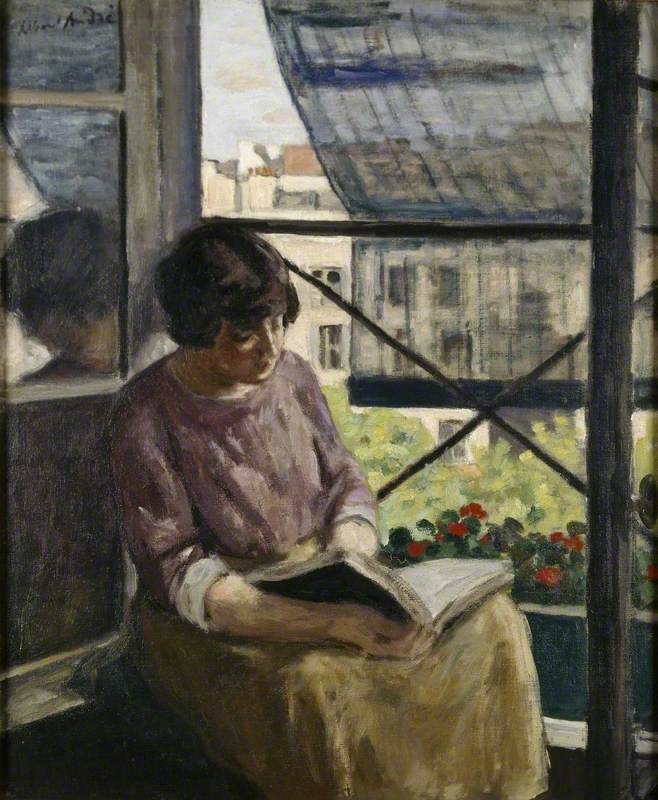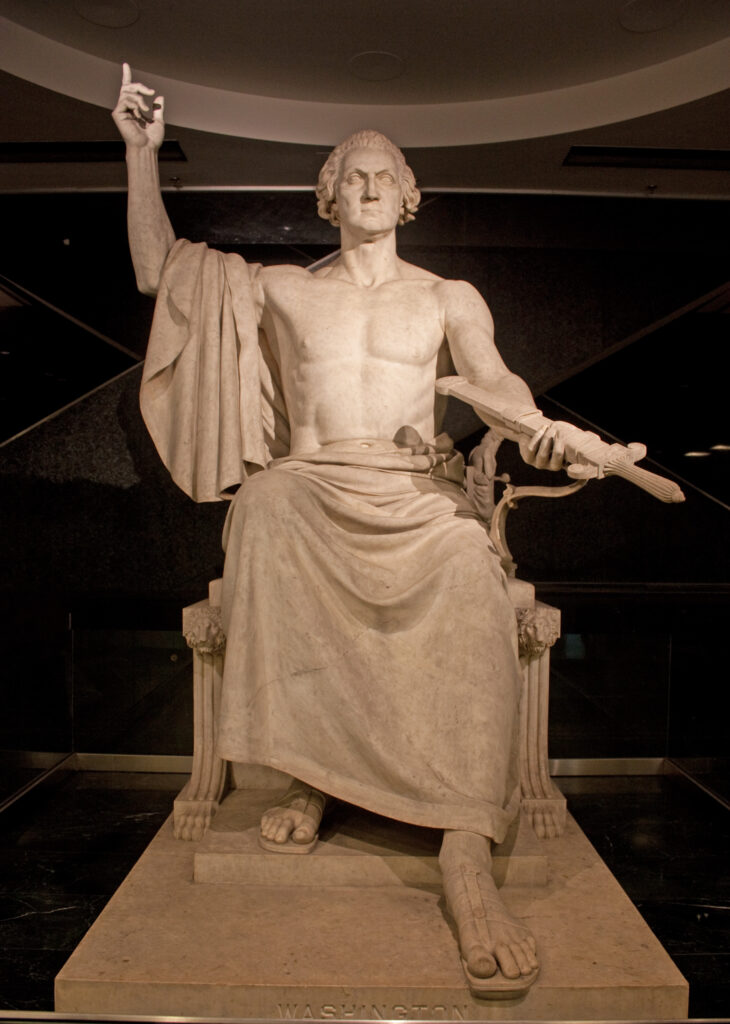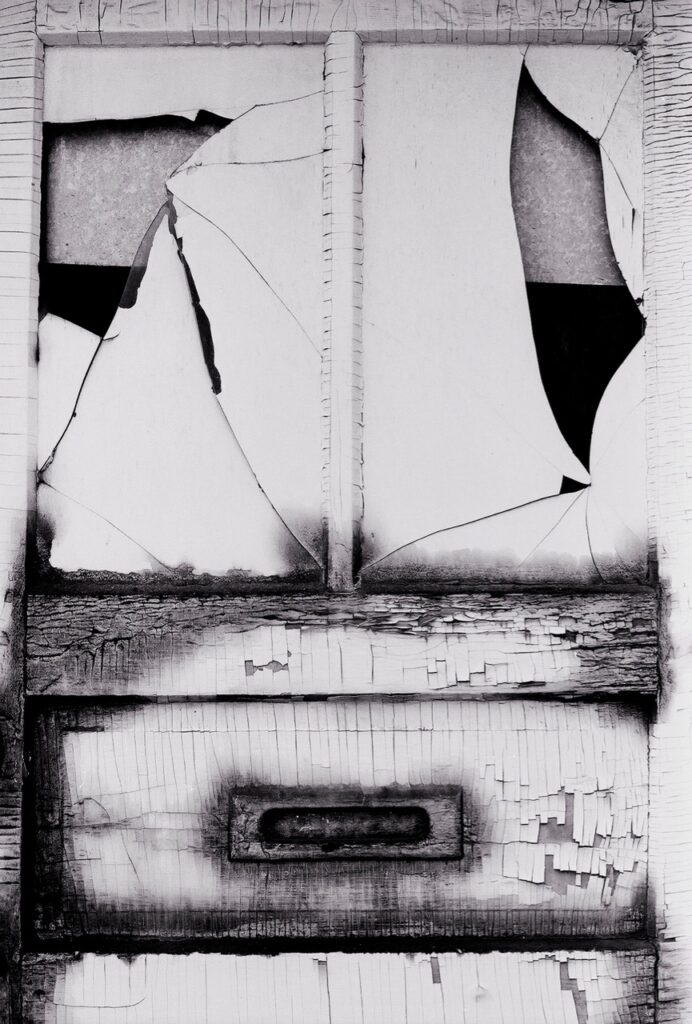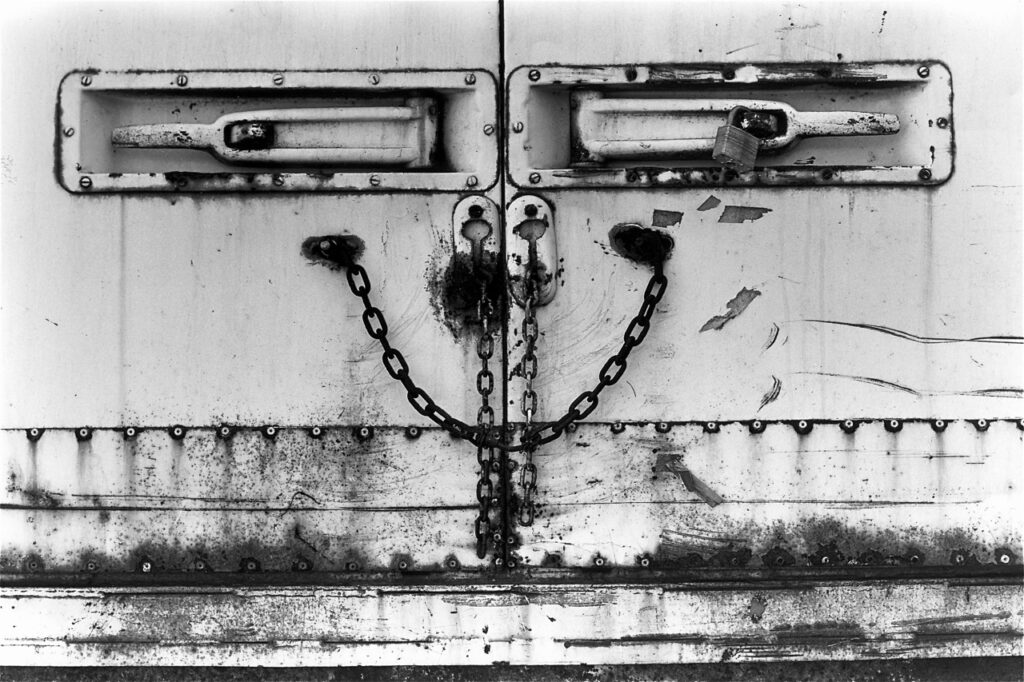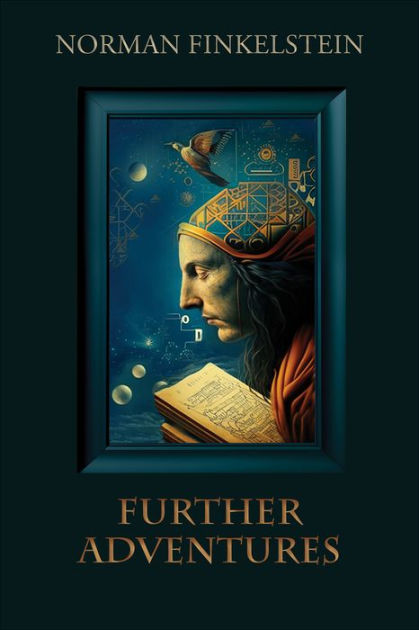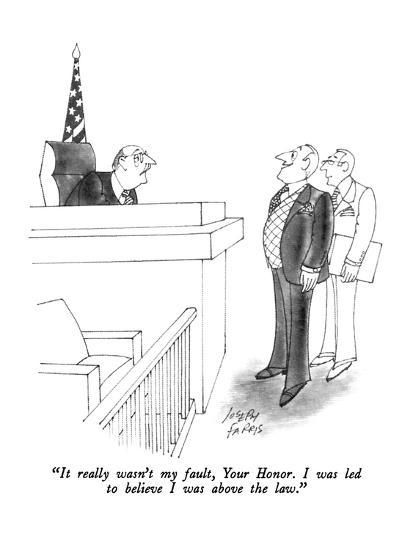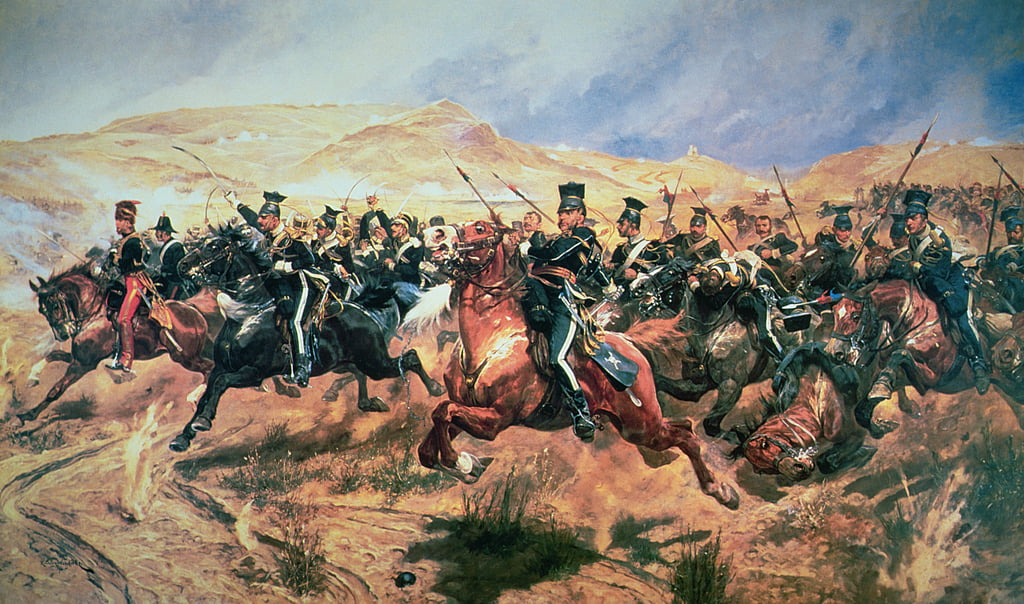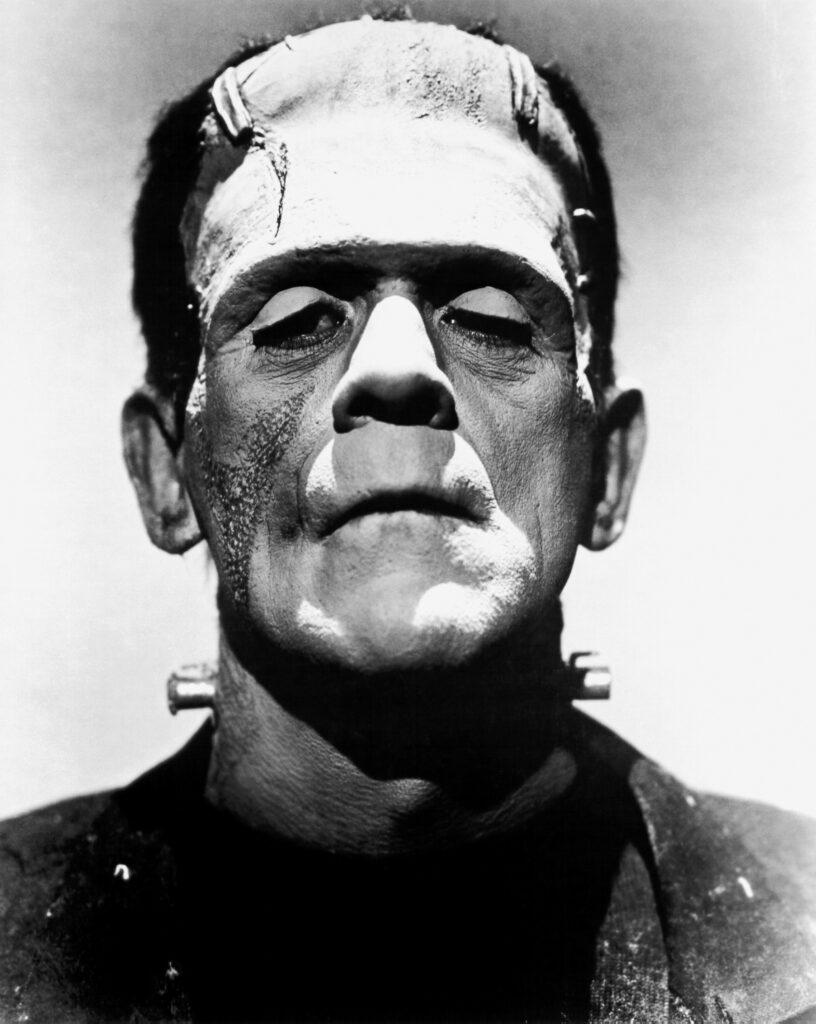Note: If you wish to receive, via e-mail, (1) my weekly newsletter or (2) daily copies of these posts, notify me at [email protected] and indicate which you would like. I promise not to share it with anyone else.
Wednesday
A few months ago my friend John Giusti, an enthusiastic Chautauqua participant, alerted me to a Maureen Corrigan talk given there about the importance of imaginative storytelling. According to the Cautauquan Daily’s write-up, the Georgetown English professor and Fresh Air book critic said that the socially aware novel is thriving in America at the moment.
The reason, according to Corrigan, is because we “live in a world that’s very anxious about a lot of issues, and literature is one of the ways in which we grasp – and even imagine solutions to – those larger dilemmas of our time.”
In her talk she mentioned Barbara Kingsolver’s Pulitzer Prize-winning Demon Copperfield, about an Appalachian orphan boy’s journey through the foster care system, and Herman Diaz’s Trust, about wealth and power in capitalistic society. She could also have mentioned another Pulitzer-prize winning book that I’ve just completed, Richard Power’s Overstory, about the wisdom of trees and their wholesale destruction.
Corrigan traces the social novel back to 19th century England, which means she probably has such authors as Charles Dickens, George Eliot, and Elizabeth Gaskell in mind. (I’m tempted to add in the 18th century’s Daniel Defoe, but he didn’t have the same belief as the Victorians that his novels could bring about social change.)
Corrigan apparently used the word “resurgence” because America too has seen this kind of novel before. The 1930s experienced some of the things we’re going through now, what with extreme weather events (the Dust Bowl) and the rise of fascism. Back then it was writers like John Steinbeck, Richard Wright, John Dos Passos, Sinclair Lewis, and Dashiell Hammet showing how an exploitative system crushes ordinary citizens.
I remember my father, who grew up in a well-off Illinois Republican household, feeling awakened when he encountered these authors in a high school anthology. His reading and his experiences in World War II would radicalize him, and upon his return home in 1945, his teetotalling family was scandalized by his drinking, smoking, and having voted for Roosevelt.
With Corrigan’s observation that “we’re living in a moment where imaginative literature is foregrounding the social problems of our time,” I got a clearer understanding into the current mania for banning books. Many of those works under attack—I’m thinking especially of such young adult fiction (YAF) as Perks of Being a Wall Flower and Fault in Our Stars —are more interested in the day-to-day workings of our lives than were the authors of my childhood (Tolkien, C.S. Lewis). Corrigan noted that such books help readers counter ignorance and isolation and can even disrupt and change minds.
But it is precisely because of this power that we’re seeing rightwing attacks. “As more people are feeling empowered to write about social issues in America,” she said, “there’s an accompanying pushback – a very strong pushback – to silence those voices.”
And she added,
I sometimes think Americans show more passion about banning books than they do for reading them.
She reported that, according to the American Library Association, 2022 saw the highest number of book challenges since the organization started tracking the statistics more than 20 years ago.
Attacks can come from the left as well as from the right, and Corrigan mentioned bans on J.K. Rowling for her transphobic remarks, along with publisher plans to revise objectionable passages in Roald Dahl and Ian Fleming. But while I agree with her that liberals should refrain from such endeavors, I’ll note the danger of bothsiderism here. I have never encountered a single liberal—not one—who says that Harry Potter should be banned. Nor are liberals seeking to close down school libraries and public libraries because they contain books we find objectionable.
I’ll go further. Although I find horrific such rightwing novels as Thomas Dixon’s The Clansman and (to cite Steve Bannon’s favorite book) Jean Raspail’s Camp of Saints—both noteworthy for their egregious racism—I think students should still have access to them. I also think teachers should teach their students how to critically read and assess them, just as I was intellectually challenged by Hitler’s Mein Kamf in a high school Modern European History class. The real groomers—those who want to mold their kids in their own image, who see kids as puppets or passive vessels—are more likely to be rightwing authoritarian than liberal.
But back to social awareness novels, which I suppose politicians like Ron DeSantis would describe as socially woke. It’s true that, just as Dickens sought to awaken readers to child poverty and Gaskill to inhuman working conditions, so today’s authors are alerting us to our own problems. Of course, some novels suffer from being narrowly didactic. But the best ones, by getting us to enter fully into the lives of their fictional worlds, enrich our perspectives and provide us the necessary understanding and sensitivity to address our greatest challenges.
Latest update on an attempted Texas book ban: Incidentally, as I was writing this, a relevant item entered my newsfeed. According to Chris Geidner at the Law Dork blog , Texas’s recent law banning books has proved too much even for a Trump-appointed judge:
On Monday, a federal judge ruled in favor of booksellers who argued that Texas’s new law banning some books from public school libraries and restricting others through an onerous and complicated regime is likely unconstitutional in an opinion that blasted the law and the arguments the state made in its defense.
As Geidner explains it, the proposed law
purported to set up a system for categorizing books as “sexually explicit” or “sexually relevant,” with the former barred and the latter subject to restrictions, or unrated and available on unrestricted terms. The system, however, requires booksellers to do the initial rating by reviewing and rating every book that they sell to a school. A state agency is then free to change the rating of any book — with no apparent standards or way for the booksellers to appeal that decision — and then post the booksellers’ list (as potentially altered by the state) publicly. Failure to adhere to this system means you can’t sell books to schools in Texas.
Basically, the judge shredded the law for being incompetently formulated, not to mention vague, costly, unenforceable, and, as noted above, unconstitutional.
